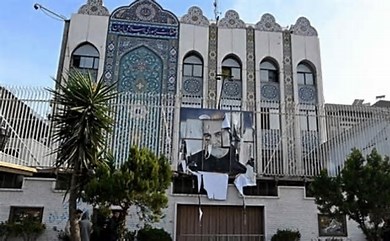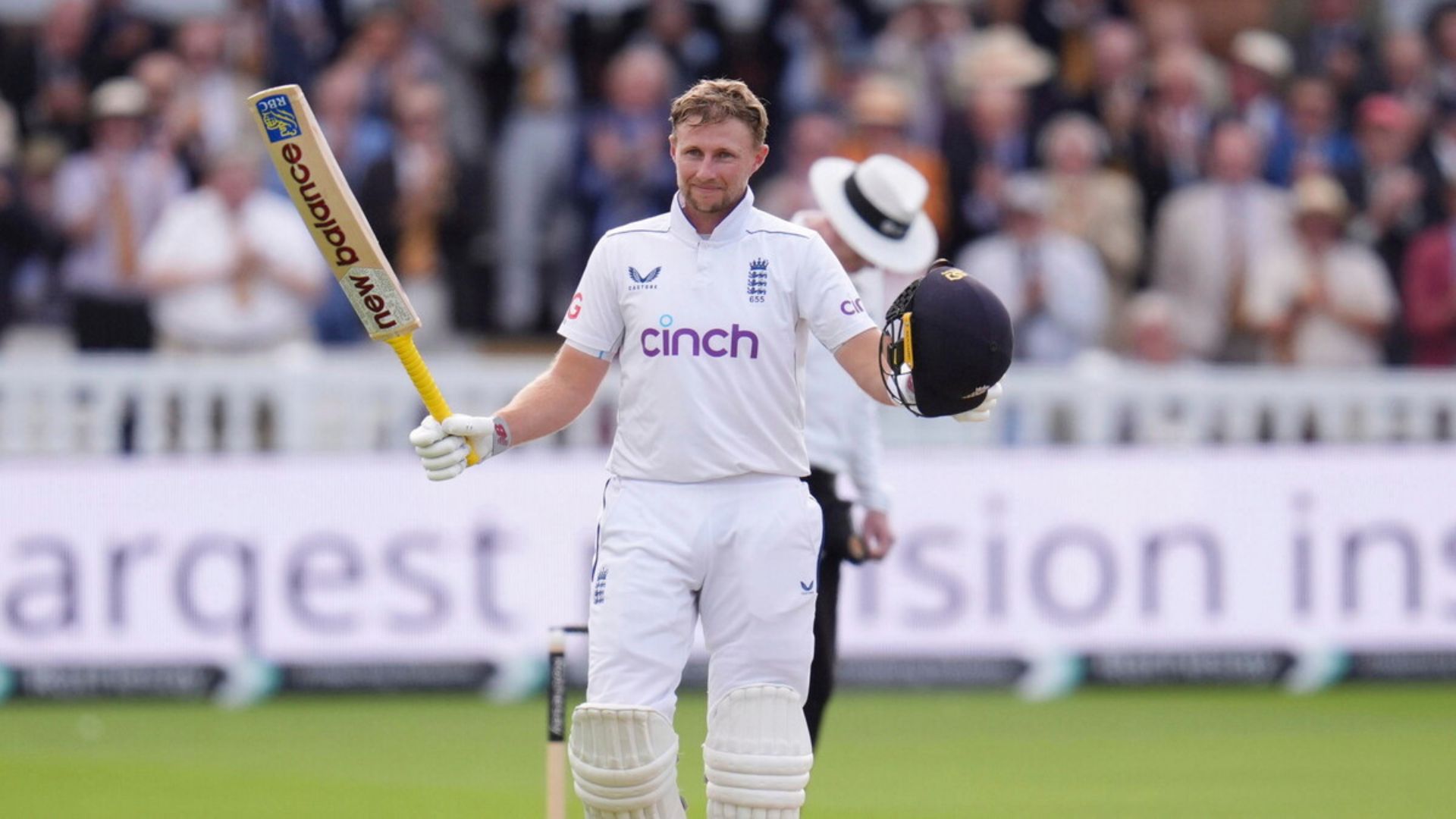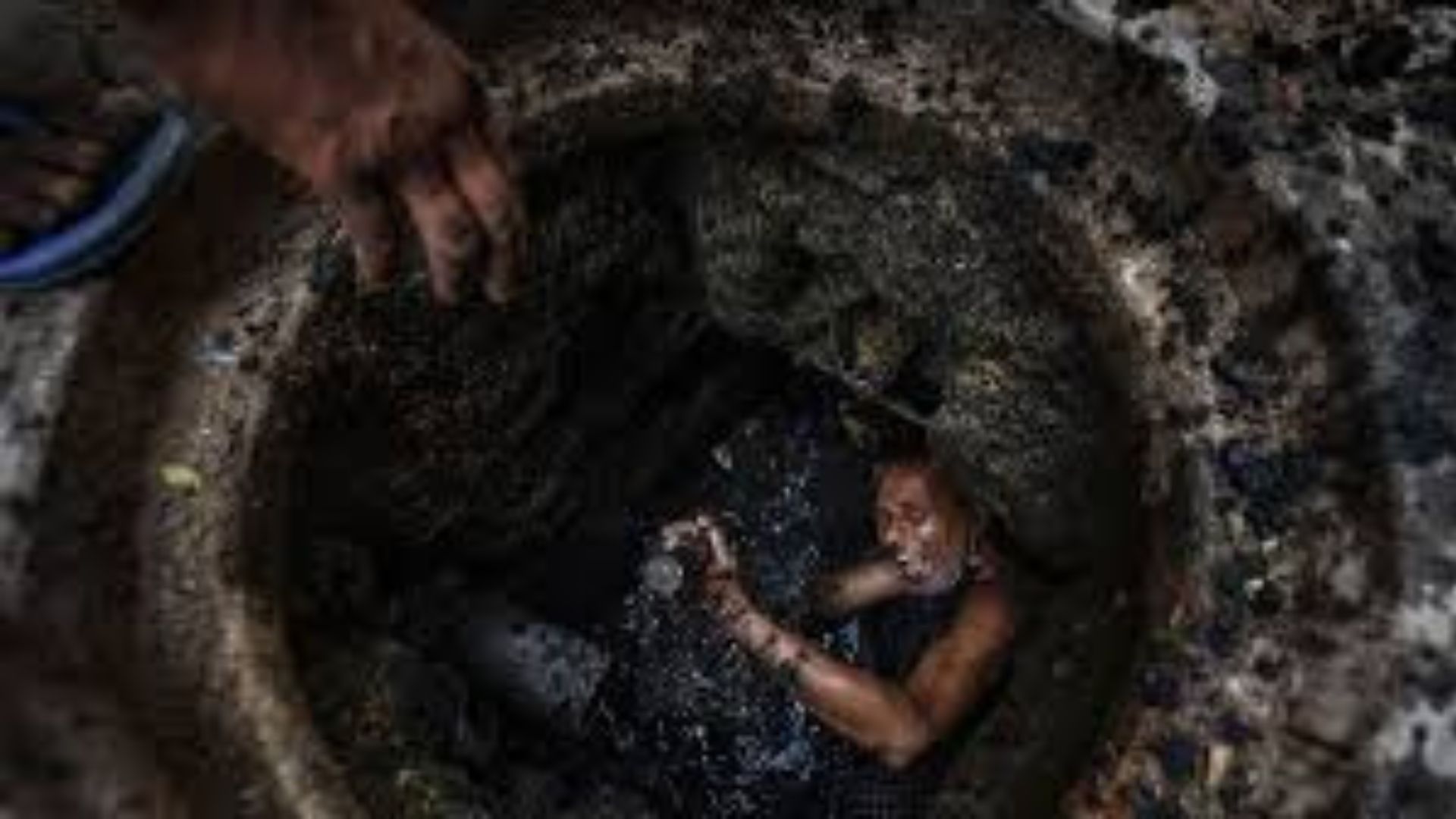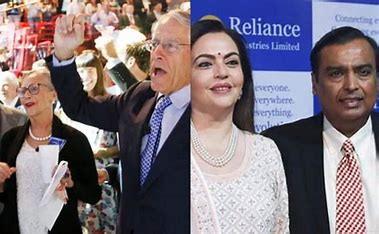
Iran has announced plans to reopen its embassy in Damascus, Syria, once the “necessary security conditions” are met. This comes after the Iranian diplomatic mission was ransacked during the Syrian conflict that led to the ouster of Tehran’s ally, Bashar al-Assad.
On Tuesday, Esmaeil Baqaei, Iran’s foreign ministry spokesman, stated:
“The reopening of the embassy in Damascus requires preparations, the most important of which is ensuring the security and safety of the embassy and its staff.”
While Baqaei did not provide a clear timeline, he emphasized that efforts to restore the embassy would begin once security conditions are fulfilled.
Iran had been a key supporter of Bashar al-Assad during the Syrian civil war, which began in 2011. However, after rebel forces seized Damascus and Assad was ousted, the Iranian embassy was abandoned and vandalized.
Despite its historical support for Assad, Iran has since shifted its focus. Baqaei clarified:
“We were never in Syria to support a specific person, group, or party. Our presence in Syria was fundamental and principled.”
Iran has maintained its advisory presence in Syria at what it claims to be the “invitation of the government.”
The Iranian spokesman also addressed Israel’s actions in Syria, criticizing its air strikes and military incursions:
“Israel has severely violated Syria’s territorial integrity.”
Israel has conducted hundreds of airstrikes in Syria over the years, targeting what it claims are Iranian military positions.
Baqaei also responded to recent remarks by Kaja Kallas, the EU foreign affairs chief, who stated that Russia and Iran “should not have a place” in Syria now that Assad is no longer in power. Baqaei dismissed the statement as a “joke,” adding:
“The era of foreign powers dictating policies on other regions is over.”
The reopening of Iran’s embassy in Syria marks an effort to reestablish its diplomatic presence in a country where it had long been influential. However, Iran insists that the safety of its diplomatic staff remains the top priority before moving forward.
The development highlights ongoing power dynamics in the Middle East, with Iran, Israel, and international players like the EU continuing to shape the region’s geopolitical landscape.















